Our Core Vision
Established in 1984, Flytech places integrity at the forefront of all its business endeavors. Recognizing that sustained success hinges on collaboration with employees, suppliers, customers, and communities, we extend our commitment beyond profit to encompass environmental, social, and economic sustainability. Guided by GRI Standards, SDGs, and stakeholder input, our core CSR vision is Collaborating for Sustainable Innovation, harmonizing shareholder value with stakeholder needs and rights.
Internally, we foster a supportive and safe workplace environment that prioritizes employee well-being and offers professional growth opportunities. Externally, we actively engage with customers, investors, suppliers, communities, and nonprofits to understand their needs and integrate feedback into our management policies, ensuring fulfillment of our corporate social responsibilities in areas such as environmental sustainability, social engagement, and governance.
Since 2019, we have published yearly Corporate Social Responsibility Reports to transparently share our ongoing efforts and performance. Our goal is to meet stakeholders' expectations through open communication and collaboration. We aim to build lasting partnerships with customers and social groups, promote sustainable development and social inclusion, and create a better future together.
Our Implementation Guidelines
To realize our core vision, Flytech adheres to government regulations and international standards. We have developed the Corporate Sustainable Development Policy, Corporate Governance Policy, and Integrity Management Policy as integral components of our corporate social responsibility framework. These policies are guided by six management axes: corporate governance and risk management, employee welfare, corporate commitment and supplier relations, green operations, social engagement, and talent development. By following these guidelines, we aim to collaborate with global partners in building a sustainable and exemplary enterprise, fostering shared prosperity among all stakeholders.
Sustainable Development Advocacy Organization
Flytech established a Corporate Social Responsibility Committee under the board of directors, renamed the ESG Sustainable Development Committee in 2022. Chaired by the CEO, with the President serving as the Director, this committee oversees resource allocation, strategic planning, and stakeholder engagement. It regularly reports advocacy outcomes and stakeholder interactions to the board of directors.
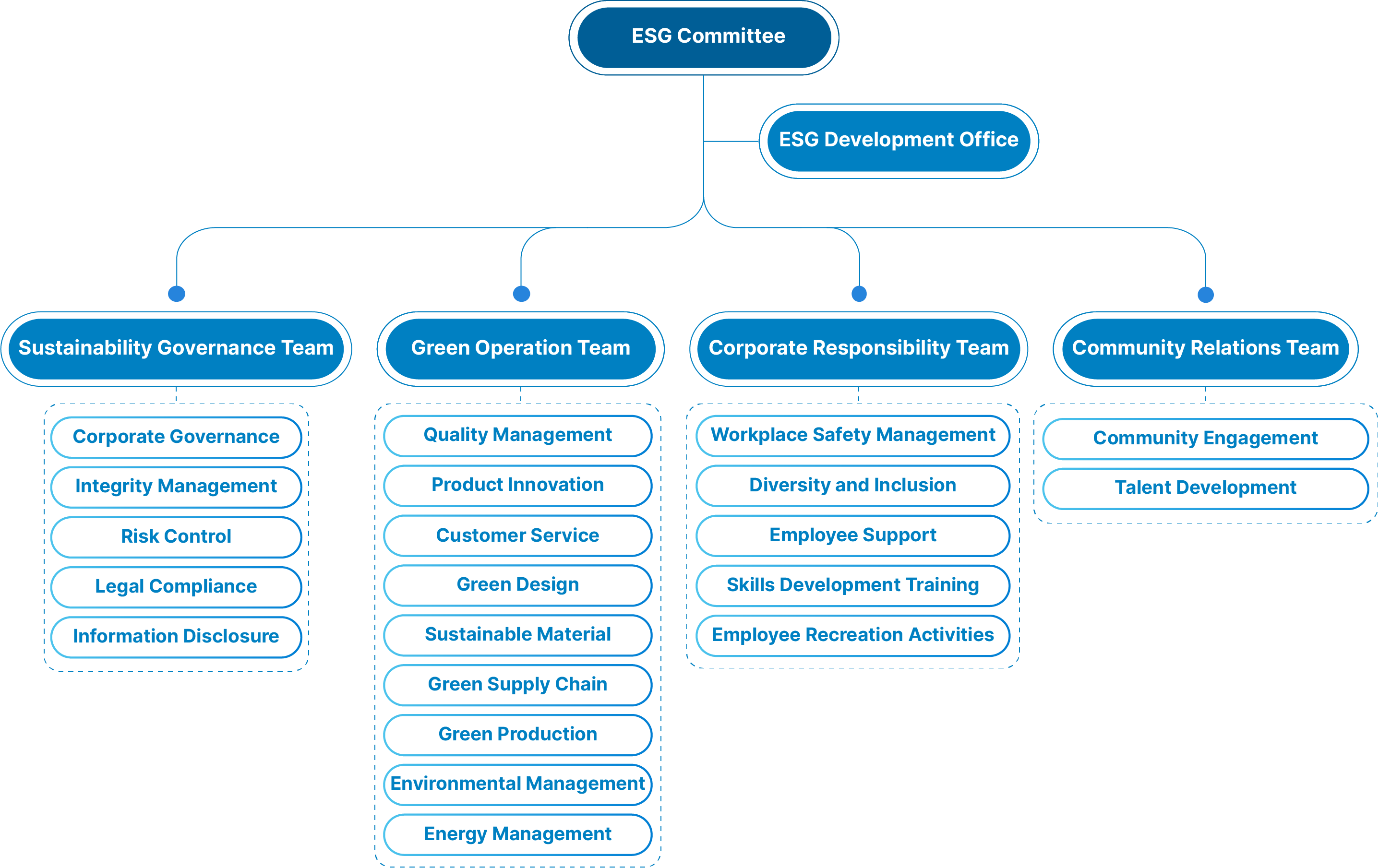
Green Operations
We prioritize building a sustainable supply chain and advocating for environmental protection. In addition to complying with international environmental management standards and governmental regulations, we have actively promoted the concept of green operations to our suppliers in recent years. This includes selecting suppliers based on ISO 9001 and ISO 14001 standards and requesting RoHS 2.0 Inspection reports. Moving forward, we will persist in promoting energy conservation and carbon reduction, aiming to become pioneers in green enterprise practices.

Comply with EU WEEE and REACH regulations
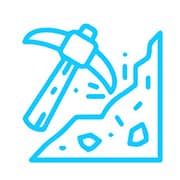
No conflict minerals used
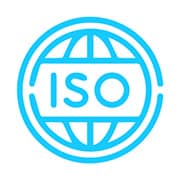
Evaluate suppliers per ISO 9001
and ISO 14001 standards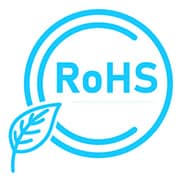
Request RoHS2.0 inspection reports from suppliers
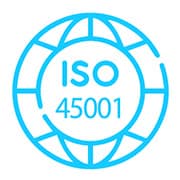
ISO 45001 Certificate
Occupational Health & Safety Management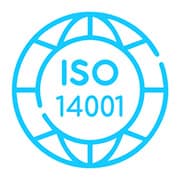
ISO 14001 Certificate
Environmental Management System
Green Operation Objectives
- Decrease electricity consumption
- Advocate for eco-friendly product design
- In 2023, achieve a 20% reduction in annual greenhouse gas emissions compared to 2021.

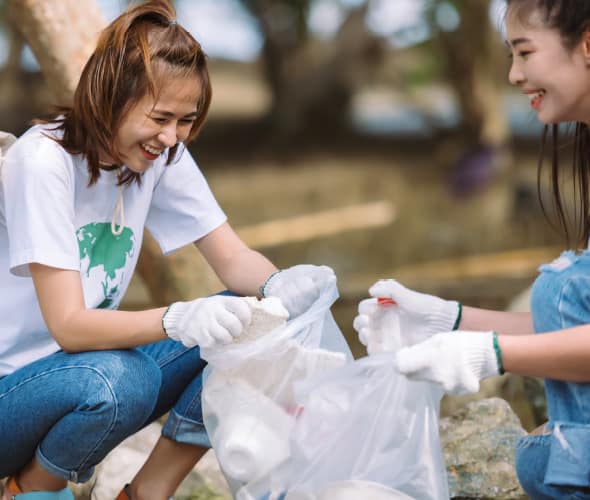
Social Participation
Established in 2015, the Flytech Foundation, founded by our chairman, expresses gratitude to Taiwanese society for fostering the company’s development. We focus on Technology Education and Support for Vulnerable Groups to promote corporate social responsibility and a compassionate society.
In Technology Education, we offer tailored programs including scholarships, innovation initiatives like Design for Taiwan and career camps bridging academia and industry. These aim to equip future generations with skills and foster empathy.
Under Support for Vulnerable Groups, we collaborate with employees on community-based charity projects addressing various social issues. This hands-on approach aims to amplify our social impact while engaging employees in charitable endeavors.
For more information, please visit the website of Flytech Foundation: http://foundation.flytech.com.tw/
Awards and Recognition






